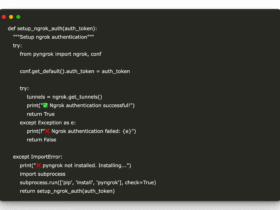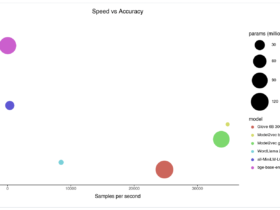
NVIDIA has taken a major step in supporting the open-source community by fully releasing the source code of its PhysX and Flow GPU-accelerated libraries under the permissive BSD-3 license. While the CPU version of PhysX has been open-source since 2018, this latest release includes the long-awaited GPU simulation kernels, enabling developers to access over 500 CUDA-based modules powering advanced real-time physics simulations.
PhysX is a well-established physics engine used in hundreds of games and integrated into popular game engines like Unreal Engine, Unity, and REDengine. It handles real-time rigid body dynamics, collisions, and physical interactions in interactive applications. Now, with full GPU acceleration available, developers can implement even more realistic and efficient simulations in their projects.
In addition to PhysX, NVIDIA has also open-sourced the GPU shader implementation of Flow, its sparse grid-based fluid simulation system used for visual effects like smoke, fire, and gas. Also included is Blast, a destruction simulation library used for dynamic breakable environments in games and simulations.
“We’re excited to share that the latest update to the PhysX SDK now includes all the GPU source code, fully licensed under BSD-3! With over 500 CUDA kernels powering features such as rigid body dynamics, fluid simulation, and deformable objects, GPU PhysX represents one of the most advanced real-time simulation use cases of CUDA and GPU programming,” the NVIDIA development team announced.
This open-source release not only benefits game developers and modders but also paves the way for innovation in scientific computing, virtual production, and AI-driven simulations. With GPU support now available, it’s possible to run PhysX even on hardware that previously lacked compatibility, like NVIDIA’s latest RTX 50 Series GPUs, via community-developed compatibility layers.
Developers and enthusiasts can now explore the full potential of PhysX, Flow, and Blast by accessing the source code on NVIDIA’s GitHub. NVIDIA also invites the community to experiment, build, and contribute feedback directly through the platform.
While PhysX has been largely replaced by more modern alternatives in recent years, its open-source release could have implications beyond gaming, potentially impacting fields like simulation and education.












